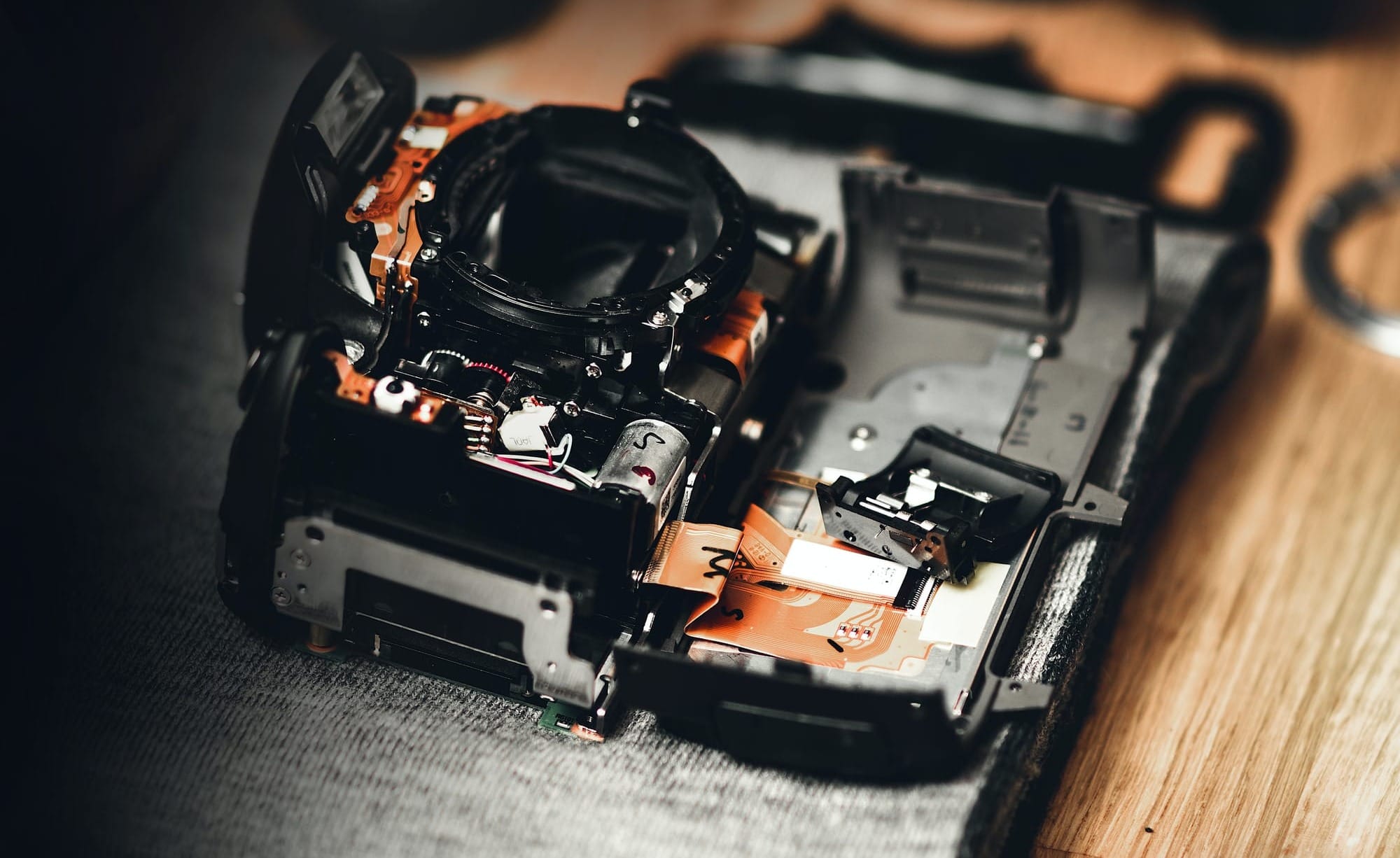Consumer rights groups have formally petitioned the federal government, asking the Federal Trade Commission to finally create and enforce rules on right to repair after years of studying the issue of manufacturer repair monopolies and their cost to consumers.
The petition, filed by U.S. PIRG and iFixit, argues that under Section 5 of the FTC Act, the FTC has the power to enforce against “unfair methods of competition in or affecting commerce, and unfair or deceptive acts or practices in or affecting commerce.”
“Given the proven inability of current antitrust doctrine to prevent the enormous growth of repair restrictions across the economy—and the clear harm to consumers and competitive conditions they inflict—such conduct is a prime candidate for regulation under the Commission’s Section 5 authority,” the petition reads.
This is notable because the FTC has studied manufacturer repair monopolies for years, and has issued several reports and public statements about how electronics manufacturers’ general dominance over the repair market harms consumers and is, in some cases, illegal.
Most notably, the agency released a report in 2021 called “Nixing the Fix: An FTC Report to Congress on Repair Restrictions,” which found a lack of competition in the electronics repair market in part due to manufacturer control over parts and information, as well as the “tying” of warranties to the use of authorized repair services (which is illegal under federal law). The FTC has taken on a few specific cases regarding illegal manufacturer warranties, but has not issued a broader right to repair regulation with specific rules and enforcement mechanisms.
“As Right to Repair continues to win the American people, and legislation has started passing, we have dealt with some of the core barriers to repair. However, we know manufacturers might adjust their tactics–the incentives to control repair are just too big,” Nathan Proctor, senior director of US PIRG’s campaign for the right to repair, told 404 Media. “We think the FTC can fill in gaps, and also address issues that state's really can't, such as our hope to bring repair scores to U.S. consumers. The FTC has a mandate–both from the president and a bipartisan, unanimous vote from its commissioners in 2021–to advance the Right to Repair. This petition lays out how that would be most successful.”
As Proctor notes, the Biden administration issued an executive order that “encourages the FTC to limit powerful equipment manufacturers from restricting people’s ability to use independent repair shops or do DIY repairs–such as when tractor companies block farmers from repairing their own tractors” and also “encourages the FTC to issue rules against anticompetitive restrictions on using independent repair shops or doing DIY repairs of your own devices and equipment.”
Since that order, the FTC testified in support of state-level right to repair legislation and said it will “ramp up law enforcement against repair restrictions,” but has not issued specific rules that protect right to repair. The petition from US PIRG and iFixit is designed to push the agency toward this more formal action, which would be to specific, enforceable regulations.
The petition asks the FTC to specifically create rules that address nonreplaceable batteries and other consumable items, require repair parts to be readily available to consumers, require basic repair documentation to be readily available, protect the right for consumers to take their products to independent shops, and prevent companies from arbitrarily bricking core product capabilities. It also proposes a federal repairability score that would go alongside the Energy Guide energy efficiency labeling on many products. The FTC has already explored this possibility, and a similar system is law in France.
Perhaps more importantly, the petition demands that the FTC require “identical components from two identical devices ought to be interchangeable without manufacturer intervention.” This would be a rule against “parts pairing,” which uses software to lock a specific part to a specific device. Parts pairing severely inhibits the repairability of a given device and has become a major problem on a variety of devices, from John Deere tractors to iPhones.


